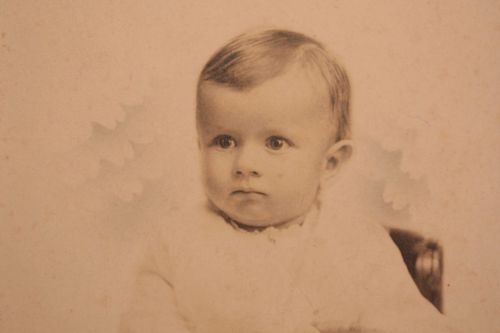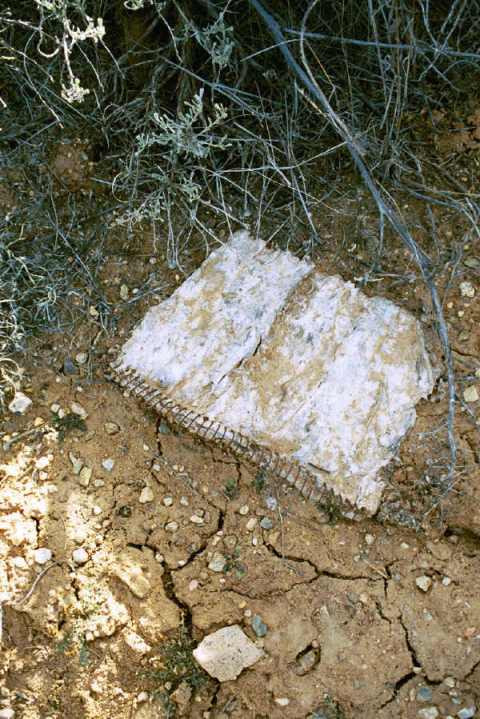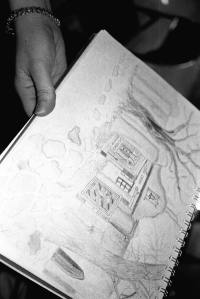I have not wanted to write on the Topic of Scars. Why? All the more reason to dig in. I see the tiny nicks on my hands and wrists every day. They remind me of what I was doing when I got them. Pulling the stainless steel blade across a grinding wheel when the dental tool shot into the air, gravity intervened, it landed on top of my hand. Lathering dark brown bees wax across handmade paper and birch bark, drips of scalding wax on my wrists.
The next thing I think about is the stage of life I was in when those things happened. My twenties in Montana. I went from moving cross country and having no job, to working at a gas station for a while, then went to the job center, took a dexterity test, and landed at a dental tool sharpening company on Reserve Street. Looking back, it was a crazy time in my life. The second scar, art school, late nights, living on fumes. I felt alive, on the edge of something.
Last night on the news, there was a woman being interviewed about her daughter. She is a few days away from giving birth and in a burn unit. She was sitting around the fire ring with some teenage friends when a couple of the boys threw bottles filled with gas into the flames. She got up to leave, turned to look back, and that’s when the bottle exploded. She still has not looked at the scars on her face. Scarred for life. Holding on to a past that is not there anymore. Maybe that is what a scar indicates — change. A past event, no longer the present, still impacting our bodies and minds in some unexplainable way.
Scars represent choices we made along the way. More so if they were obtained as adults, while we were undertaking a task that might have been unfamiliar to us. Or maybe we were tired and running a chainsaw, or working around chemicals, machinery, fire. There are deeper scars, emotional, that grip like the vise, unless we work to let go of them. Feelings of abandonment, abuse, uncertainty. Maybe a close loved one died when we were young. Our parents were divorced or in an accident. We moved from California to North Dakota, Georgia to Pennsylvania, where cultures are polar opposites. I learned to run from scars when I was a young adult. Dug in my heels. At some point, I just dug in, and did the work. The work of transforming those experiences into fuel for the future.
That’s the part I like to see in the novels I read. I like to notice where the person took the wisdom of age and transmuted some horrific event in their lives into a spark of passion, into something better. Maybe they became a doctor or nurse and gave back to others. Maybe they raised their children to have a different life than the one they led. I am noticing when I listen to The Plague of Doves by Louise Erdrich, noticing how she wraps the characters’ lives around them at the end of the book, like a woven sheep blanket, one with an uneven stitch, a place of imperfection where Spirit can enter. I want to study the structure of the book, look for places in her life that might have contributed to the details she writes about.
I do that with fiction. I scour the novel for tidbits of truth, something that relates to the writer’s own life, the scars they may have endured. If I know the writer well, have read their life story, or they have written a memoir, I can get under the surface, read between the lines. Of course, it’s only my take on things. Every reader has her own version of the same story. That’s the deliciousness of writing. And reading. And of living. None of my five siblings ever remember my stories, the narrative of our growing up, the way I remember them. And neither do my parents.
When I went to see The Scottsboro Boys at the Guthrie a few weeks ago, that is what I noticed. That we bring to a piece of art or writing, our own age, history, and experience. And our baggage. We attended the after-play discussion and listened to members of the audience talk about race, prejudice in the North and the South, about the minstrel shows and what they represented, about scars our country has left behind. Scars that slowly heal. And become transformed.
It is slow. And each time we take a giant step, everything splashes back in our faces, knocking the breath out of us. There is a backlash that becomes tempered with time. America is a country of extremes. We elect a black President yet have a hard time looking at the legacy leading up to the moment in time when we elected him. History is behind us, yes. But not really. If you had seen The Scottsboro Boys, you would know what I mean. I was pushed to laughter and tears from the scars. Yet, it opened me. That is what good art does. It opens us. If you can’t look back, you can’t really go forward. At least, that is what I believe. Scars are teachers. What have I learned?
-Related to Topic post: WRITING TOPIC – SCARS, and Guest practice, PRACTICE – SCARS – 15min by Louis Robertson
NOTE: Scars is a Writing Topic on red Ravine. Guest writer Louis Robertson was inspired to join QuoinMonkey and ybonesy in doing a Writing Practice on the topic.






























